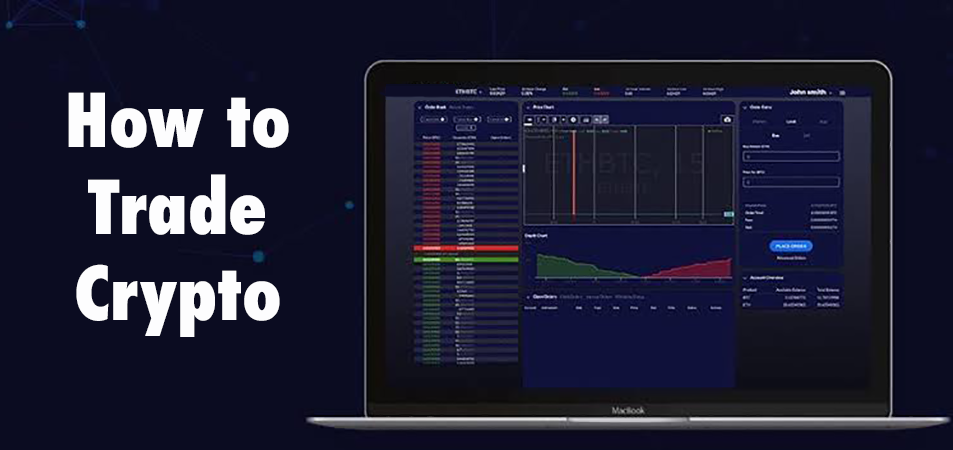Cryptocurrency trading is the act of hypothesizing on cryptocurrency cost motions via a CFD trading account, or buying and offering the underlying coins via an exchange. CFDs trading are derivatives, which allow you to speculate on cryptocurrency cost motions without taking ownership of the underlying coins. You can go long (' buy') if you believe a cryptocurrency will rise in value, or brief (' offer') if you believe it will fall.
Your profit or loss are still calculated according to the full size of your position, so leverage will amplify both earnings and losses. When you buy cryptocurrencies by means of an exchange, you purchase the coins themselves. You'll require to create an exchange account, set up the amount of the asset to open a position, and save the cryptocurrency tokens in your own wallet till you're ready to offer.
Many exchanges also have limitations on just how much you can transfer, while accounts can be really costly to keep. Cryptocurrency markets are decentralised, which implies they are not issued or backed by a main authority such as a government. Rather, they encounter a network of computer systems. Nevertheless, cryptocurrencies can be purchased and offered by means of exchanges and saved in 'wallets'.
 How to Trade Cryptocurrency? A Complete ...truemors.com
How to Trade Cryptocurrency? A Complete ...truemors.com
When a user desires to send out cryptocurrency systems to another user, they send it to that user's digital wallet. The deal isn't considered final up until it has actually been confirmed and contributed to the blockchain through a procedure called mining. This is also how brand-new cryptocurrency tokens are typically produced. A blockchain is a shared digital register of tape-recorded information.
To pick the best exchange for your requirements, it is necessary to totally understand the kinds of exchanges. The first and most common type of exchange is the central exchange. Popular exchanges that fall into this category are Coinbase, Binance, Kraken, and Gemini. These exchanges are private business that provide platforms to trade cryptocurrency.
The exchanges listed above all have active trading, high volumes, and liquidity. That stated, centralized exchanges are not in line with the philosophy of Bitcoin. They operate on their own private servers which develops a vector of attack. If the servers of the company were to be jeopardized, the entire system might be shut down for some time.
The larger, more popular central exchanges are by far the simplest on-ramp for brand-new users and they even supply some level of insurance must their systems stop working. While this is true, when cryptocurrency is bought on these exchanges it is kept within their custodial wallets and not in your own wallet that you own the secrets to.
Ought to your computer system and your Coinbase account, for example, become jeopardized, your funds would be lost and you would not likely have the ability to claim insurance coverage. This is why it is very important to withdraw any large amounts and practice safe storage. Decentralized exchanges work in the exact same way that Bitcoin does.
Rather, consider it as a server, other than that each computer within the server is expanded throughout the world and each computer that makes up one part of that server is controlled by a person. If among these computer systems switches off, it has no result on the network as a whole because there are a lot of other computer systems that will continue running the network.